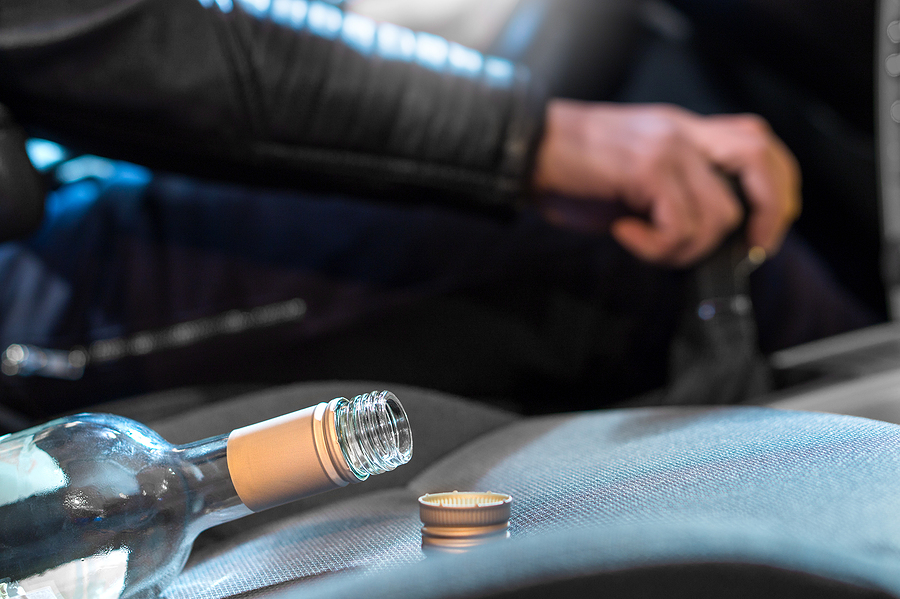DUI checkpoints, also known as sobriety checkpoints or roadblocks, are temporary traffic stops set up by law enforcement to detect and deter impaired driving. In Massachusetts, like in many other states, DUI checkpoints are conducted as part of ongoing efforts to ensure road safety and discourage driving under the influence. In this blog, we will discuss DUI checkpoints in Massachusetts, including your rights as a driver and what to expect when encountering a checkpoint.
Purpose and Legality of DUI Checkpoints:
DUI checkpoints are conducted to identify and apprehend drivers who may be operating a vehicle under the influence of alcohol or drugs. They are set up at predetermined locations and follow specific guidelines established by Massachusetts law.
- Legality:
The legality of DUI checkpoints in Massachusetts has been upheld by the courts, as long as they meet certain constitutional requirements. These requirements include proper planning, public notice, neutral operation, and reasonable suspicion for individual stops.
- Public Notice:
Massachusetts law enforcement agencies are required to provide advance public notice of DUI checkpoint locations and operating times. This allows drivers to make informed decisions and encourages compliance with traffic laws.
Your Rights at a DUI Checkpoint:
- Required Stop:
When you encounter a DUI checkpoint, you are legally required to stop and cooperate with law enforcement. Failing to do so can lead to legal consequences.
- Minimal Detention:
During a DUI checkpoint, the duration of your detention should be minimal. The purpose of the stop is to determine whether further investigation is warranted based on observable signs of impairment or other suspicious behavior.
- Non-Discriminatory Practices:
DUI checkpoints must be conducted in a non-discriminatory manner, meaning they cannot target specific individuals or groups based on race, ethnicity, or other protected characteristics.
- Limited Search Authority:
At a DUI checkpoint, law enforcement officers are generally limited in their search authority. They may conduct a brief visual assessment of the driver’s condition, but they typically cannot conduct a full search of the vehicle without additional probable cause.
- Right to Remain Silent:
You have the right to remain silent during interactions with law enforcement at a DUI checkpoint. However, it’s important to note that providing basic identification and documentation, such as your driver’s license and vehicle registration, is generally required.
What to Expect at a DUI Checkpoint:
- Routine Procedures:
At a DUI checkpoint, officers will typically follow a standard protocol that includes briefly interacting with each driver, checking for signs of impairment, and verifying identification and vehicle documentation.
- Breathalyzer or Field Sobriety Tests:
If officers have reasonable suspicion of impairment based on observed signs or behavior, they may request further testing, such as a breathalyzer or field sobriety tests. Refusing a breathalyzer test can have legal consequences, as Massachusetts has an implied consent law.
- Cooperation and Politeness:
It is important to remain calm, cooperative, and respectful when interacting with law enforcement at a DUI checkpoint. Complying with their instructions and providing requested documents will facilitate a smoother process.
Conclusion:
DUI checkpoints in Massachusetts serve as a proactive measure to promote road safety and deter impaired driving. Understanding your rights and knowing what to expect during a DUI checkpoint encounter is essential for a smooth and respectful interaction with law enforcement. While checkpoints can be briefly inconvenient, they play a crucial role in ensuring the safety of all road users. By being aware of your rights and responsibilities, you can navigate DUI checkpoints in Massachusetts with confidence and contribute to a safer community.






